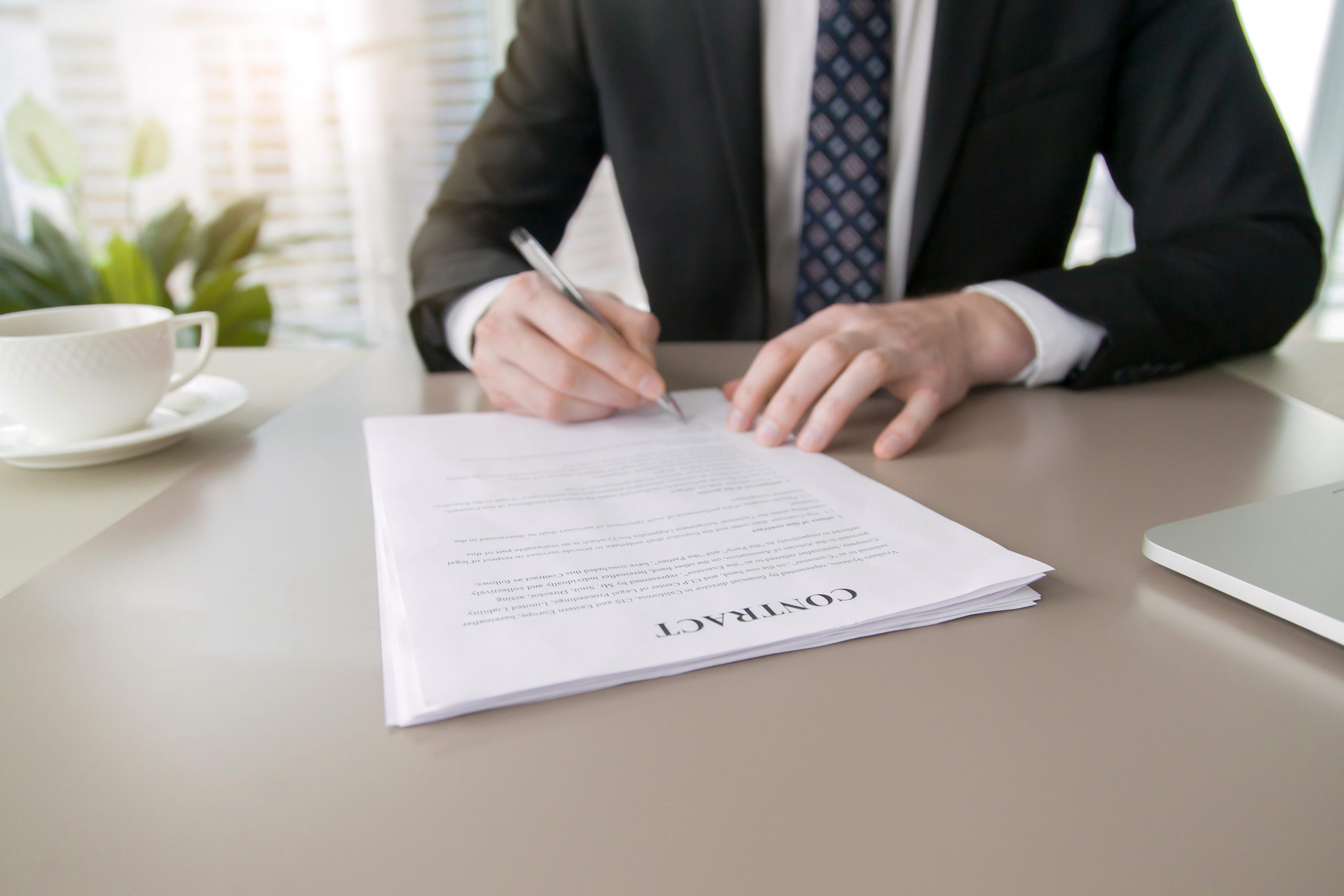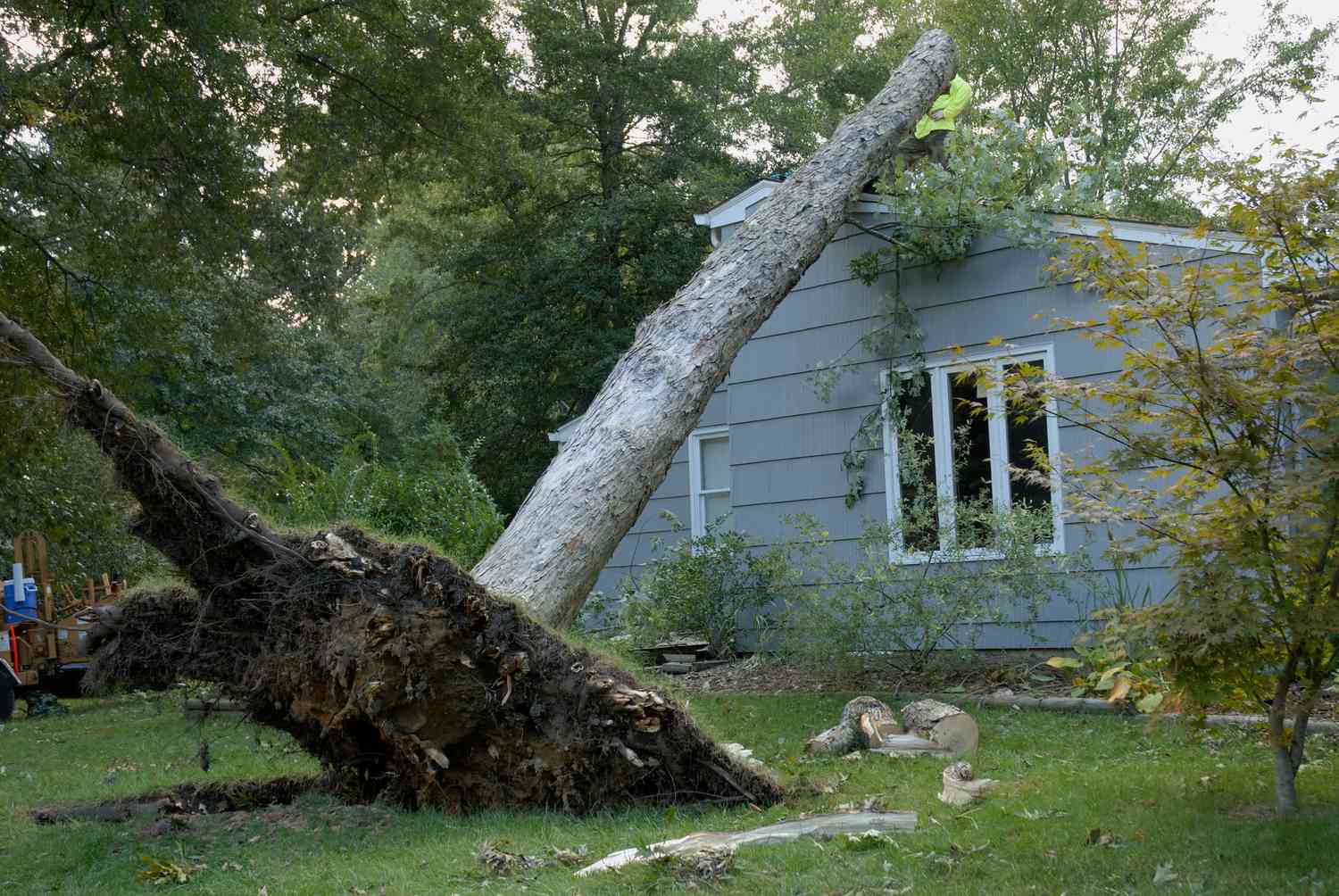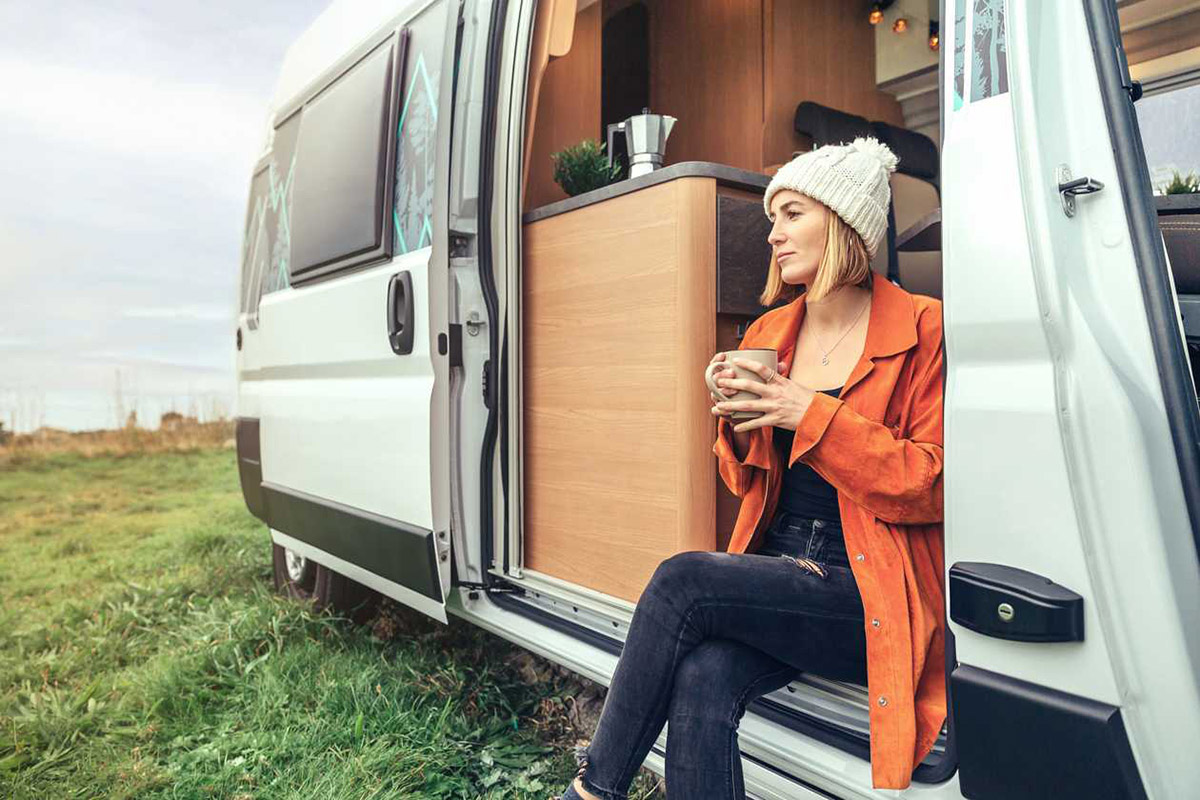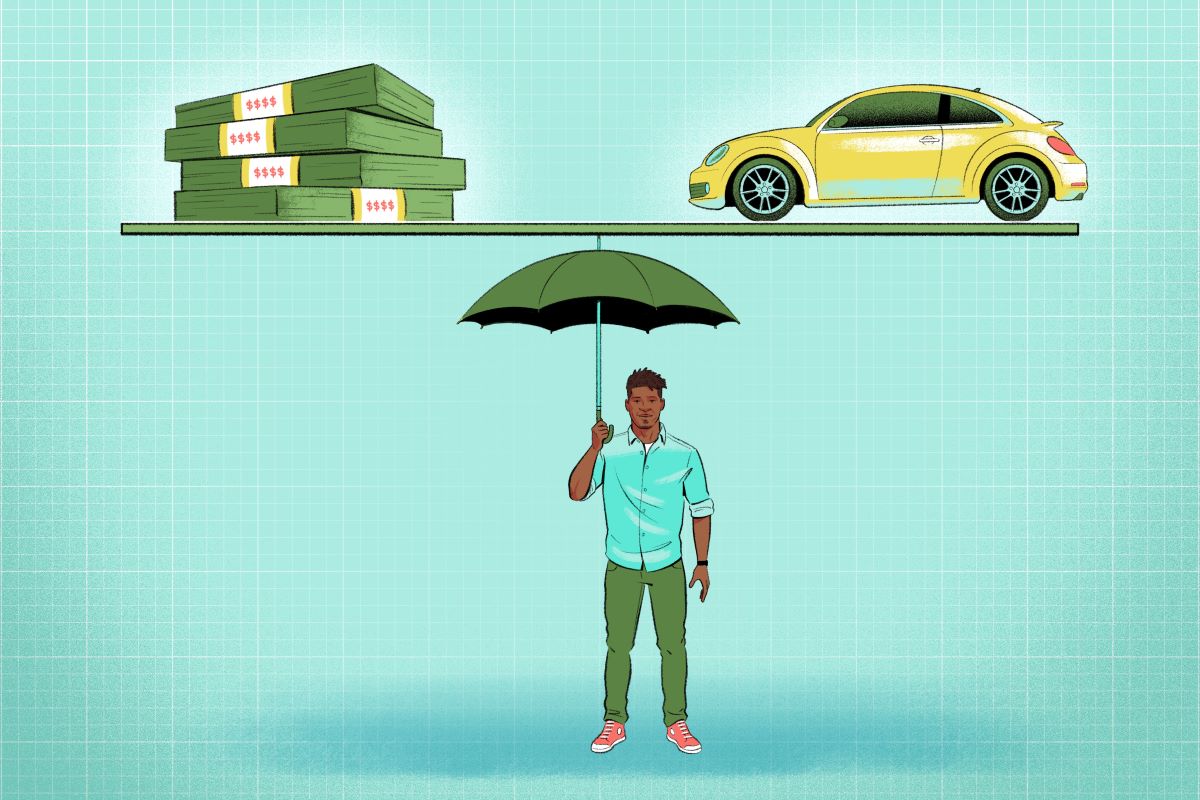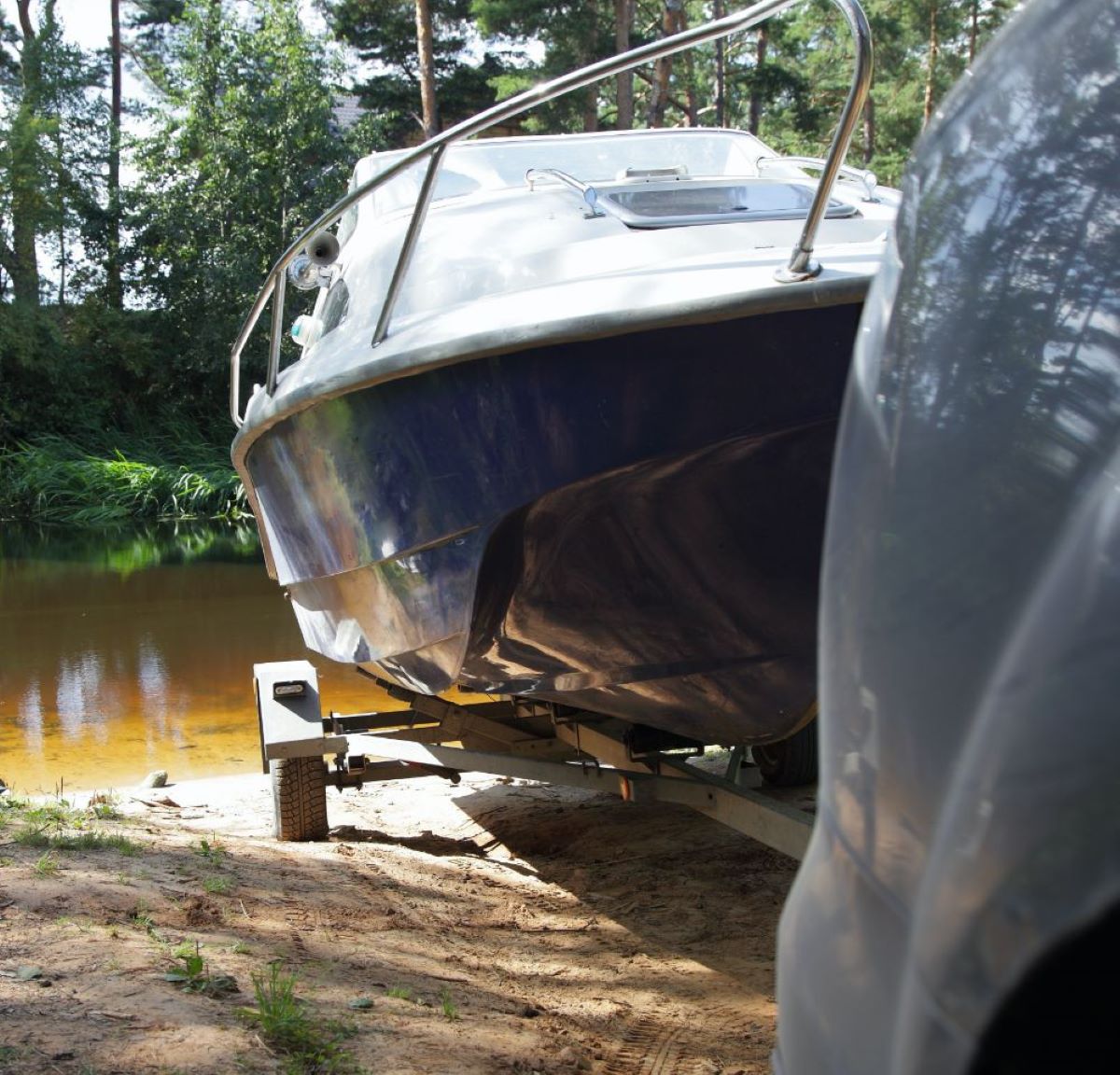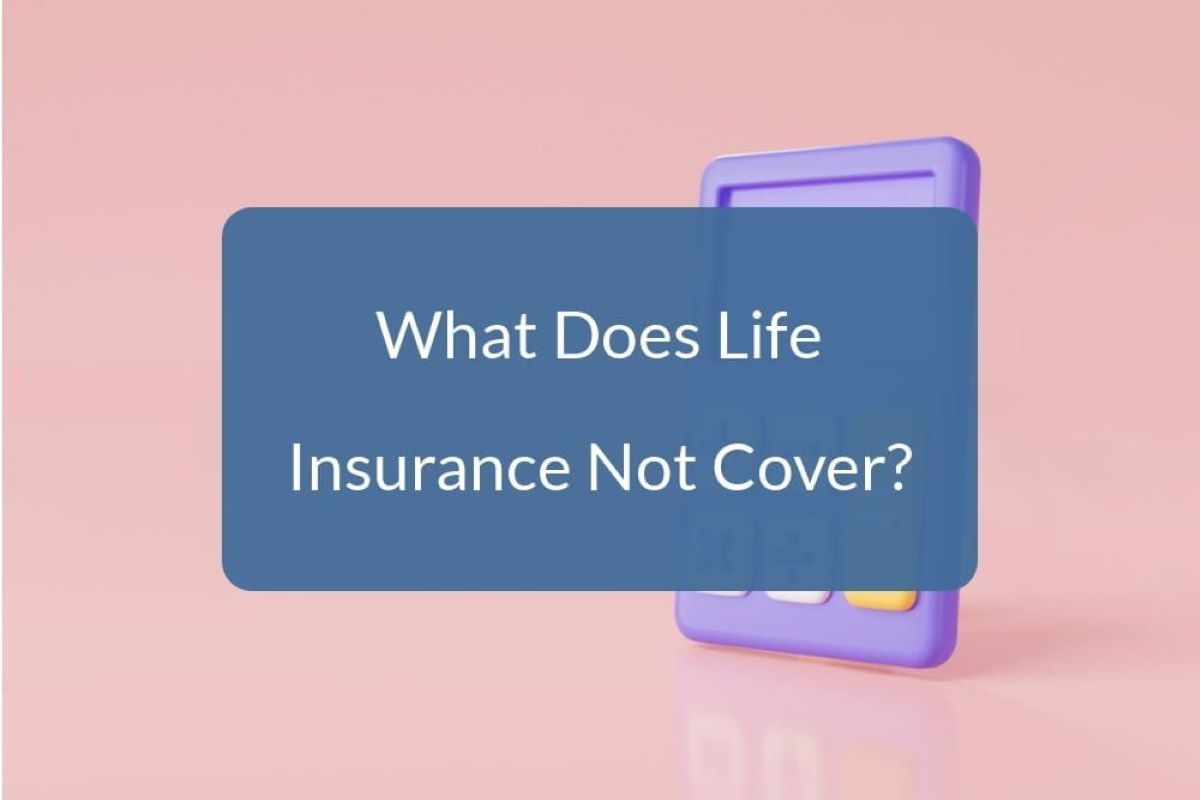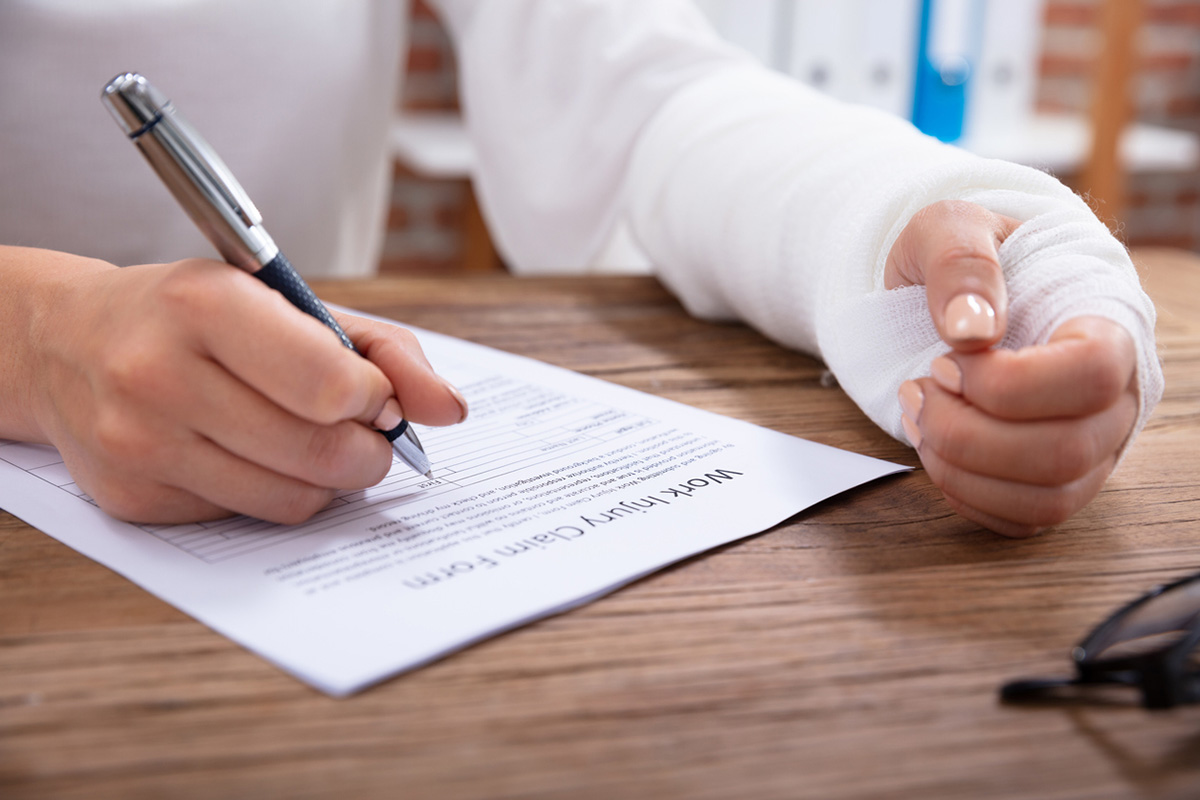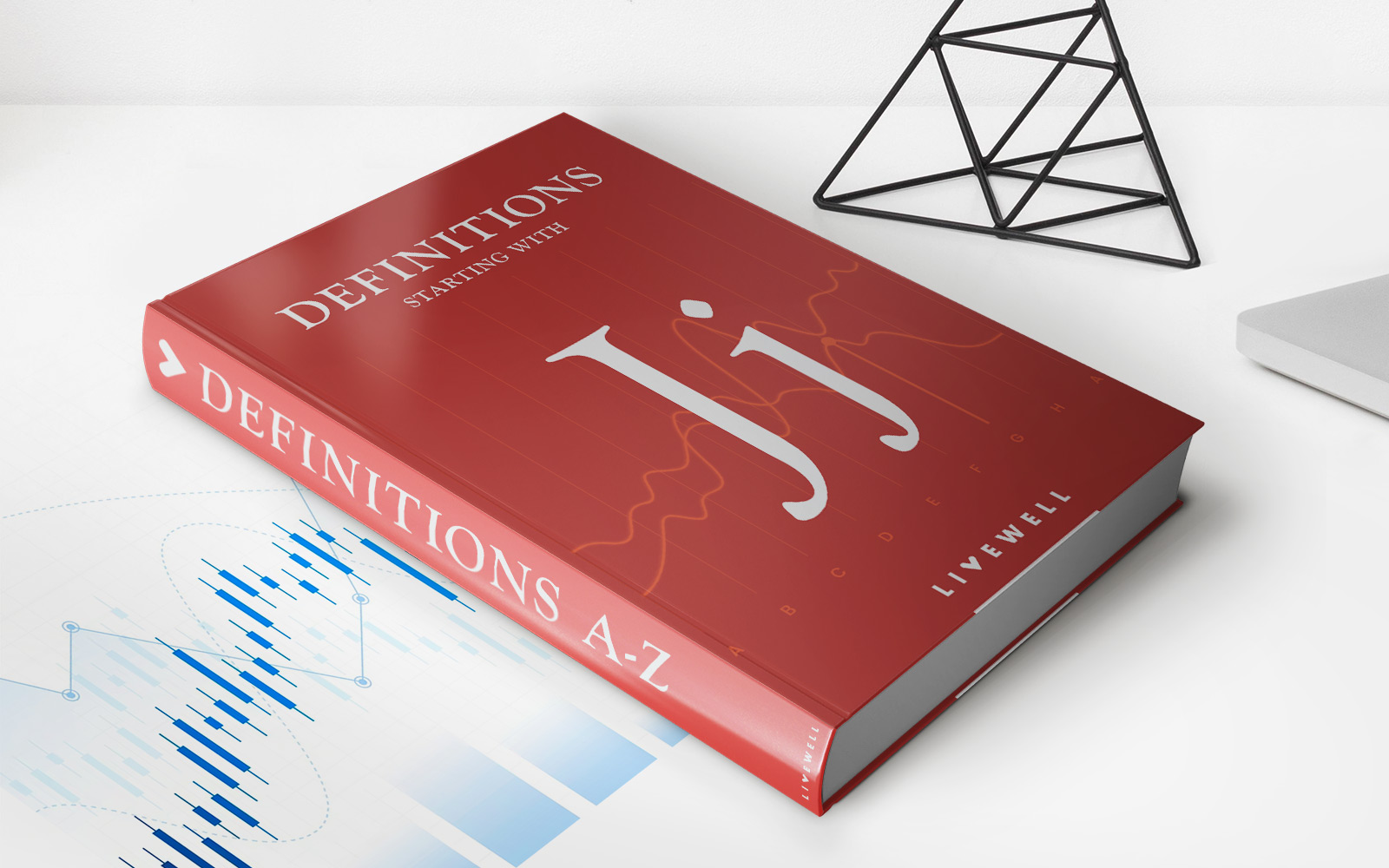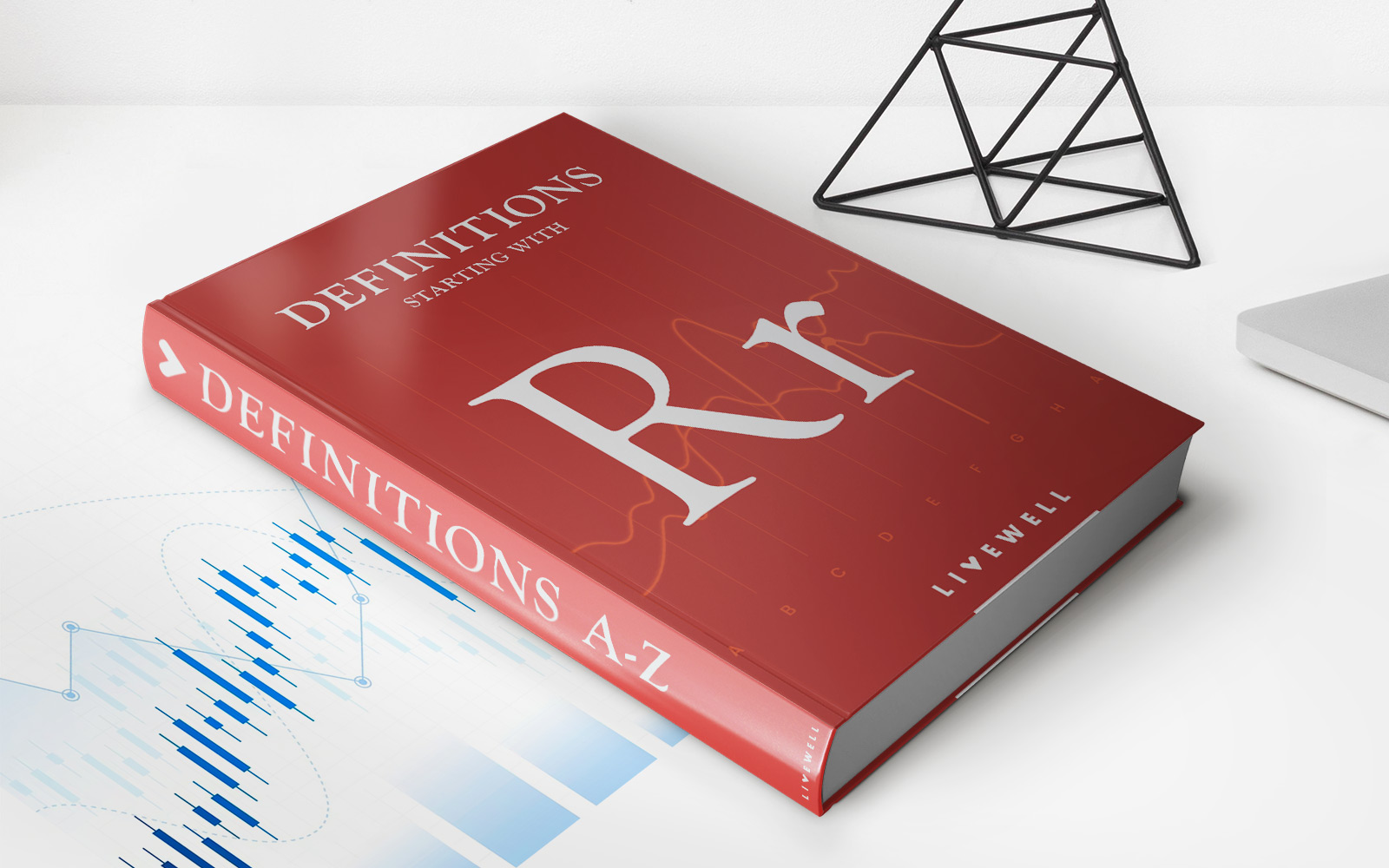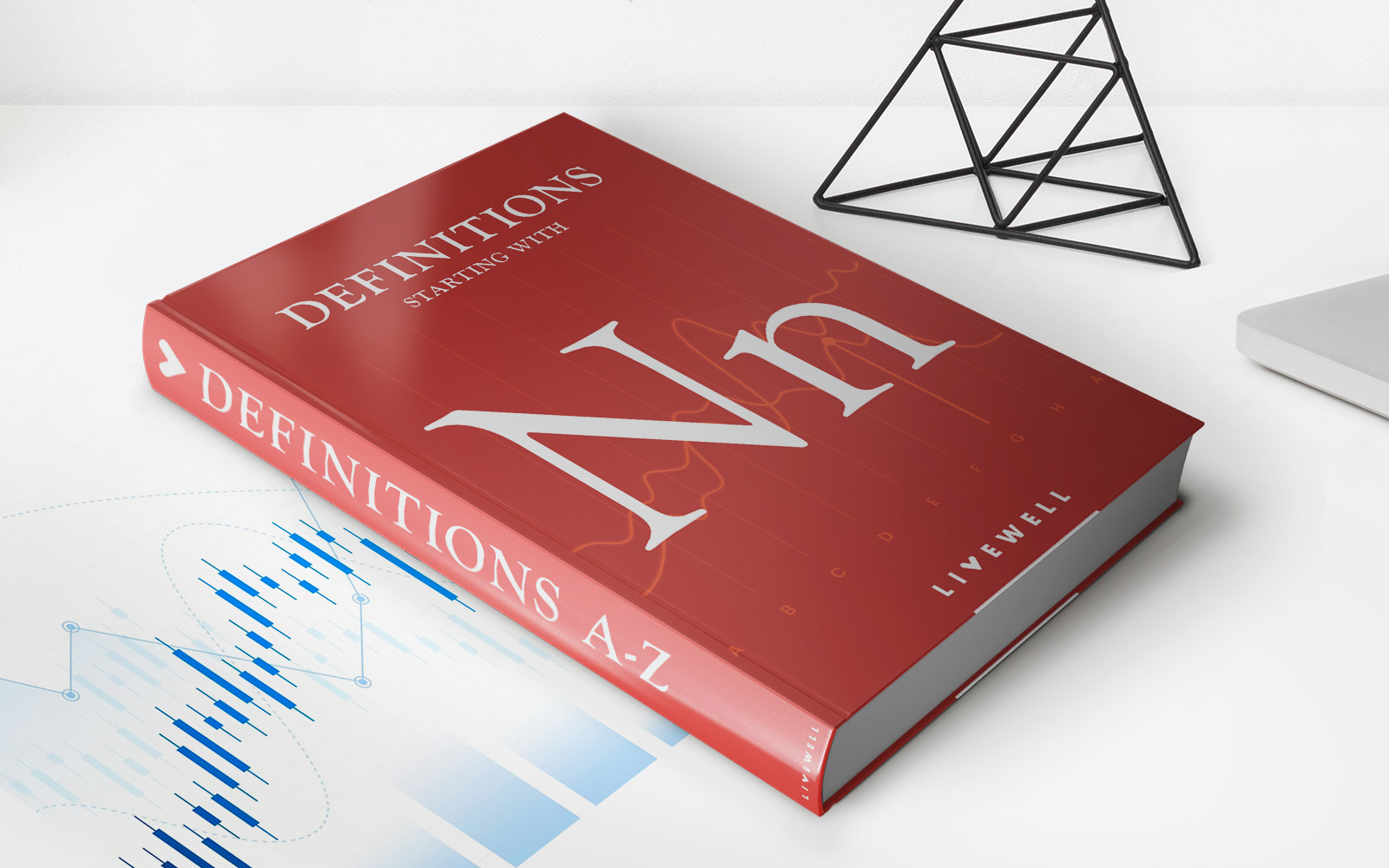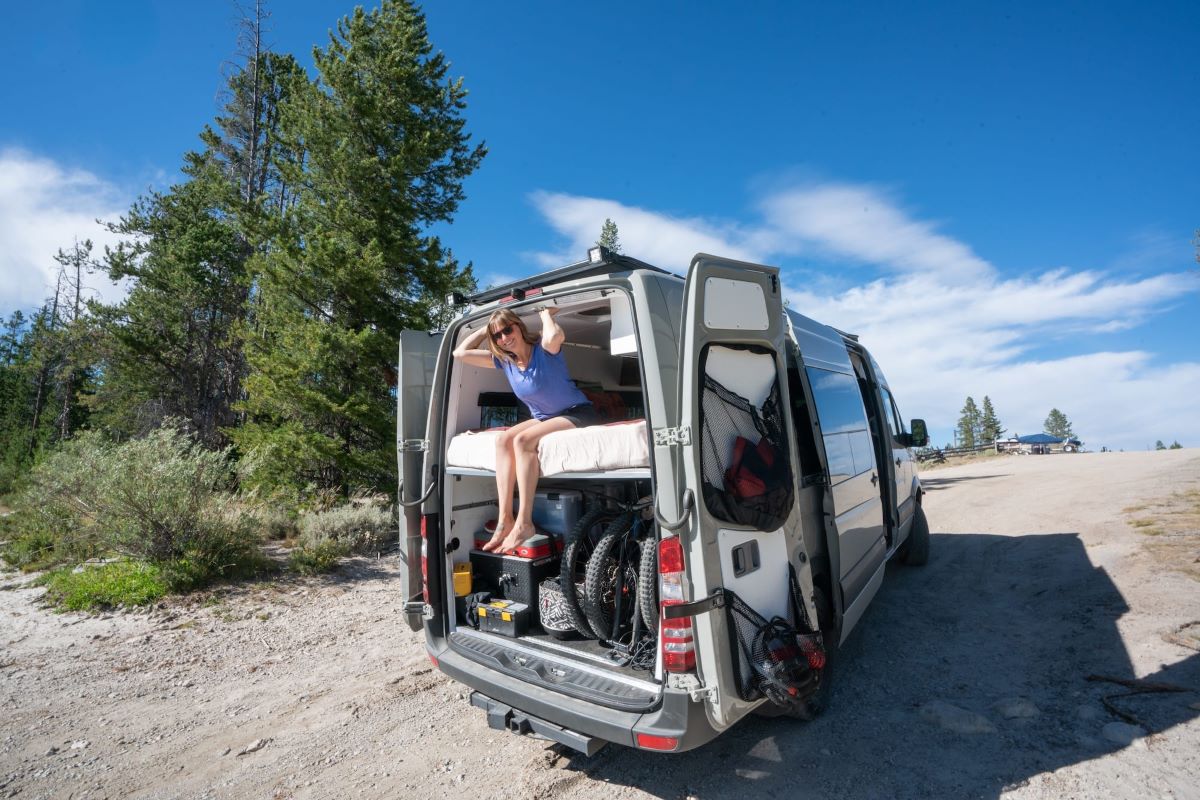

Finance
What Does Camper Insurance Cover?
Published: November 15, 2023
Discover what camper insurance covers and how it can financially protect your investment. Get peace of mind knowing your finances are safeguarded.
(Many of the links in this article redirect to a specific reviewed product. Your purchase of these products through affiliate links helps to generate commission for LiveWell, at no extra cost. Learn more)
Table of Contents
Introduction
Camper insurance is a specialized type of coverage designed to protect recreational vehicle owners in the event of accidents, damage, or loss associated with their campers. Whether you own a motorhome, travel trailer, or pop-up camper, having the right insurance safeguards your investment and gives you peace of mind while on the road.
Camper insurance provides essential coverage that goes beyond what a standard auto insurance policy offers. It covers a variety of risks and expenses that are unique to owning and operating a camper. Understanding what camper insurance covers can help you make informed decisions when selecting a policy that suits your needs.
In this article, we will explore the different types of coverage typically included in camper insurance policies to give you a comprehensive understanding of what is covered and why it is important.
From collision and comprehensive coverage to liability protection and personal property coverage, each aspect of camper insurance plays a vital role in ensuring your financial security and allowing you to fully enjoy your camping adventures without unnecessary worries.
It’s worth noting that camper insurance requirements and coverage options can vary depending on the state and the specific insurance provider. It is crucial to consult with a reputable insurance agent or broker to determine the type and level of coverage that best suits your unique circumstances.
Now, let’s dive into the details of what camper insurance typically covers and how each aspect of the coverage benefits you as a camper owner.
Coverage for the Camper
When it comes to camper insurance, one of the most important aspects of coverage is protecting the camper itself. This includes coverage for accidental damage, theft, vandalism, and other perils that could result in costly repairs or even the complete loss of your camper.
Collision and comprehensive coverage are two primary types of coverage that protect your camper against various risks.
Collision Coverage: This coverage is designed to protect you if your camper is involved in a collision with another vehicle or object, regardless of fault. It helps to cover the expenses associated with repairing or replacing your camper, up to the policy limits. This can include damage to the exterior, interior, and structural components of the camper.
Comprehensive Coverage: Comprehensive coverage provides protection for incidents that are not considered collisions, such as theft, fire, vandalism, or damage from severe weather conditions. It covers the cost of repairs or replacement of your camper, subject to the policy limits, helping to ease the financial burden that comes with unexpected events.
In addition to collision and comprehensive coverage, camper insurance may also include coverage for specific accessories and equipment attached to the camper, such as awnings, satellite dishes, or bike racks.
It’s important to review the terms and limitations of your camper insurance policy to ensure that you have adequate coverage for the value of your camper and any additional features you want to protect.
Having comprehensive coverage for your camper ensures that you can enjoy your camping trips without the constant worry of potential damage or loss. It provides peace of mind, knowing that your investment is protected and that you won’t be left with a substantial financial burden in the event of an accident or unexpected event.
Collision and Comprehensive Coverage
Collision and comprehensive coverage are two crucial components of camper insurance that provide financial protection for your camper in various scenarios. Understanding the differences between these coverages can help you make informed decisions when selecting an insurance policy for your camper.
Collision Coverage: Collision coverage is designed to protect you in the event of a collision with another vehicle or object. This coverage helps cover the costs of repairing or replacing your camper, regardless of who is at fault. Whether you accidentally collide with another vehicle while driving on the highway or accidentally hit a stationary object, collision coverage can help you handle the expenses associated with repairing your camper.
However, it’s important to note that collision coverage only applies to incidents involving collisions. It does not cover other types of damage, such as theft, fire, or vandalism. For comprehensive coverage, you need an additional policy.
Comprehensive Coverage: Comprehensive coverage provides protection for a wide range of risks other than collisions. It covers your camper for damages caused by theft, fire, vandalism, falling objects, severe weather conditions, and more. This coverage is essential for safeguarding your camper against unexpected events that are beyond your control.
Having comprehensive coverage ensures that you are protected against not only the damage caused by accidents but also the potential loss or damage caused by theft, natural disasters, or acts of vandalism. By including comprehensive coverage in your camper insurance policy, you can have peace of mind knowing that you are protected in various scenarios.
It’s worth noting that collision and comprehensive coverage typically come with a deductible, which is the amount you must pay out of pocket before the insurance coverage kicks in. It’s essential to consider the deductible amount when selecting your insurance policy, as it will impact the cost of your premiums. A higher deductible generally results in lower premiums, while a lower deductible means higher premiums.
Ultimately, collision and comprehensive coverage are essential components of camper insurance, providing financial protection and peace of mind for camper owners. By selecting the right coverage and deductible amounts, you can ensure that your camper is adequately protected against potential risks and ensure that you can continue to enjoy your camping adventures worry-free.
Liability Coverage
Liability coverage is a fundamental component of camper insurance that protects you financially if you cause an accident while using your camper. It provides coverage for bodily injury and property damage expenses incurred by others as a result of an accident for which you are deemed responsible.
In the unfortunate event that you are found at fault for an accident while driving your camper, liability coverage steps in to help cover the medical expenses, property damage, legal fees, and other costs that may arise as a result of the accident.
Liability coverage typically includes two main components:
- Bodily Injury Liability: This coverage pays for the medical expenses, rehabilitation costs, and lost wages of individuals injured in an accident for which you are at fault. It also extends to cover legal fees and settlements if you are sued for damages resulting from the accident.
- Property Damage Liability: Property damage liability coverage helps to pay for the repair or replacement costs of other people’s property, such as vehicles, fences, or buildings, that are damaged in an accident that you caused with your camper.
It’s important to consider and select liability coverage limits that adequately protect your assets. The minimum coverage requirements vary by state, so it’s crucial to familiarize yourself with the specific requirements of your state and consider higher coverage limits if you have significant assets to protect.
Liability coverage provides financial protection not only for accidents that occur while driving your camper but also for accidents that occur while the camper is parked. For example, if your camper accidentally rolls away and damages another person’s property, liability coverage can help cover the costs of repairing the damage.
Having sufficient liability coverage is vital to protect yourself from potentially devastating financial consequences in the event of an accident. It offers peace of mind knowing that if an unfortunate incident occurs, you have the coverage to handle the expenses and legal obligations that may arise.
It’s recommended to consult with an insurance professional who specializes in camper insurance to ensure that you have the right amount of liability coverage to adequately protect yourself and your assets.
Personal Property Coverage
Personal property coverage is an important aspect of camper insurance that protects your belongings and personal items inside the camper. While collision and comprehensive coverage focus on the physical structure of the camper, personal property coverage helps to cover the cost of replacing or repairing damaged or stolen personal items.
When you go camping, you likely bring along various personal belongings such as camping gear, electronics, cooking utensils, clothing, and more. These items can be quite valuable, and in the event of theft, fire, or other covered damages, replacing them can be costly.
Personal property coverage helps to cover the cost of replacing or repairing your personal belongings if they are damaged or stolen while inside the camper. This includes items such as camping equipment, furniture, electronics, kitchen appliances, clothing, and other personal items that you typically bring with you on your camping trips.
It’s important to note that personal property coverage may have limitations and exclusions in terms of the types of belongings covered, the coverage limits, and the deductibles. It’s crucial to review your policy carefully to understand what is covered and ensure that the coverage limits are sufficient to protect your valuable items.
It’s a good practice to create an inventory of the personal items you keep in your camper, including their estimated value. This will help you determine the appropriate coverage limits and make the claims process smoother in the event of a loss.
Personal property coverage offers peace of mind, knowing that your valuable belongings are protected while you’re enjoying your camping adventures. It allows you to fully enjoy your time outdoors without worrying about the potential loss or damage of your personal items.
When selecting camper insurance, it’s essential to consider the personal property coverage offered and ensure that it aligns with the value of your belongings and your personal needs. Having adequate personal property coverage will provide the necessary financial protection and allow you to focus on creating lasting memories during your camping trips.
Emergency Expense Coverage
Emergency expense coverage is a valuable component of camper insurance that provides financial assistance in the event of an emergency situation while on a camping trip. It helps cover the costs associated with unexpected expenses that may arise due to an emergency.
Emergencies can happen at any time, and when you’re on a camping trip, being prepared for unforeseen circumstances is crucial. Emergency expense coverage can assist with expenses such as temporary housing, transportation, and meals if your camper becomes uninhabitable due to a covered event.
Common scenarios where emergency expense coverage may come into play include accidents that render the camper temporarily unlivable, severe weather conditions that cause significant damage to the camper, or mechanical breakdowns that leave you stranded and in need of immediate assistance.
Having emergency expense coverage can give you peace of mind, knowing that you have financial support to handle unexpected situations while camping. It ensures that you have the means to secure temporary accommodations, arrange for transportation, and cover necessary expenses until your camper is repaired or replaced.
It’s important to review the terms and limitations of your camper insurance policy to understand the specific situations in which emergency expense coverage applies. Coverage limits and deductibles may vary, so it’s crucial to ensure that you have sufficient coverage based on your camping habits and potential risks.
By including emergency expense coverage in your camper insurance policy, you can be prepared for unexpected events and ensure that you have the necessary financial resources to handle emergencies while on your camping trips.
Consulting with an insurance professional specializing in camper insurance can help you assess your unique needs and find a policy that includes adequate emergency expense coverage. This way, you can enjoy your camping adventures with the peace of mind that comes with knowing you’re protected in case of an emergency.
Medical Payments Coverage
Medical payments coverage is an essential component of camper insurance that helps cover medical expenses for injuries sustained by you or your passengers while inside the camper.
Accidents can happen, even when you’re on a camping trip. Whether it’s a slip and fall or a cooking mishap that results in an injury, having medical payments coverage ensures that you have financial assistance to cover medical costs associated with these accidents.
Medical payments coverage typically pays for necessary medical expenses, including hospital visits, doctor’s fees, ambulance services, and sometimes even dental care. It provides coverage regardless of who is at fault in the accident, which means it can help cover medical expenses even if the accident was caused by you or a family member.
It’s important to note that medical payments coverage is typically limited to injuries sustained inside the camper itself and does not cover injuries that occur outside the camper, such as during outdoor activities away from the vehicle.
While medical payments coverage is not a substitute for health insurance, it can provide an additional layer of financial protection. It helps ensure that you and your passengers receive the necessary medical attention, regardless of fault, without worrying about potentially costly out-of-pocket expenses.
When selecting a camper insurance policy, it’s important to review the medical payments coverage limits and determine if they are sufficient to cover potential medical expenses. Consider your camping habits, the number of people typically traveling with you, and any pre-existing health conditions to assess the appropriate level of coverage for your needs.
Having medical payments coverage in your camper insurance policy provides peace of mind, knowing that you and your passengers can receive prompt medical attention and necessary treatment in case of an accident. It adds an extra layer of protection to your camping adventures and ensures that you can enjoy your time on the road with greater peace of mind.
Vacation Liability Coverage
Vacation liability coverage is a vital component of camper insurance that provides financial protection for accidents and injuries that occur while you are using your camper as a temporary residence or vacation home.
When you use your camper for camping trips or as a temporary residence, you may invite guests or host gatherings inside or around the camper. In such situations, there’s always a risk of accidents or injuries happening to your guests or even adjacent properties. Vacation liability coverage helps protect you in the event of liability claims or lawsuits arising from these incidents.
Vacation liability coverage typically offers two types of coverage:
- Bodily Injury Liability: This part of the coverage provides financial protection if someone is injured inside or around your camper and you are found legally responsible for their injuries. It helps cover their medical expenses, lost wages, and other damages resulting from the accident.
- Property Damage Liability: Property damage liability coverage assists in covering the costs of repairs or replacement for damages caused to someone else’s property, such as adjacent structures, fences, or landscaping, for which you are deemed responsible.
It’s important to note that vacation liability coverage is typically limited to incidents that occur while your camper is being used for personal or recreational purposes. It does not extend to incidents that happen during the transportation of the camper or while it is being used for business-related purposes.
When selecting a camper insurance policy, it’s important to review the vacation liability coverage limits and ensure they are sufficient to protect your assets. Consider factors such as the number of people you typically have as guests, the frequency of hosting gatherings, and the potential risks associated with using your camper as a temporary residence.
Vacation liability coverage provides peace of mind, knowing that you have financial protection in case of accidents or injuries that occur while using your camper as a vacation home. It protects your assets and helps shield you from the potentially significant financial burdens that can arise from liability claims or lawsuits.
Consulting with an insurance professional who specializes in camper insurance can help you understand the specific terms and limitations of vacation liability coverage and ensure that you have adequate coverage based on your unique needs and circumstances.
Towing and Roadside Assistance Coverage
Towing and roadside assistance coverage is a valuable component of camper insurance that provides assistance and support in the event of mechanical breakdowns or issues while on a camping trip. It helps cover the costs associated with towing your camper and provides essential roadside assistance services to ensure you can get back on the road as quickly as possible.
When you’re on a camping trip, unexpected mechanical issues or breakdowns can happen, leaving you stranded on the side of the road. Towing and roadside assistance coverage ensures that you have the necessary support to handle these situations and minimize the disruption to your camping adventure.
Towing coverage typically covers the cost of towing your camper to a nearby repair facility. This is especially important if your camper becomes inoperable or unsafe to drive while on the road. Without towing coverage, you would have to bear the expenses of arranging towing yourself, which can be costly.
Roadside assistance coverage offers a wide range of services that can be invaluable during emergencies. These services often include assistance with flat tire changes, battery jump-starts, fuel delivery if you run out of gas, locksmith services if you lock yourself out of your camper, and even arranging for alternative transportation or lodging if your camper becomes uninhabitable due to a breakdown or accident.
Having towing and roadside assistance coverage gives you the peace of mind that comes with knowing you have emergency support in case something goes wrong during your camping trip. It ensures that you have a reliable solution to handle unexpected situations, preserving the enjoyment and safety of your camping experience.
When selecting a camper insurance policy, it’s important to review the terms and limitations of the towing and roadside assistance coverage. Pay attention to coverage limits, any waiting periods or restrictions, and any additional costs that may apply for certain services.
Towing and roadside assistance coverage is especially beneficial for campers who frequently embark on long-distance trips or explore remote areas. It eliminates the stress and uncertainty of handling breakdowns on your own and provides the necessary assistance to get you back on track efficiently.
Consulting with an insurance professional specializing in camper insurance can help you understand the specific details of towing and roadside assistance coverage and ensure that you select a policy that aligns with your needs and travel habits.
Uninsured/Underinsured Motorist Coverage
Uninsured/underinsured motorist (UM/UIM) coverage is an important component of camper insurance that provides financial protection in the event of an accident involving a driver who either doesn’t have insurance or lacks sufficient insurance coverage to fully compensate for your losses.
Even though it’s a legal requirement for drivers to carry liability insurance, unfortunately, there are still individuals who drive without insurance or with minimal coverage. If you are involved in an accident with an uninsured or underinsured driver, you may face difficulties in recovering the full costs of medical expenses, property damage, and other damages incurred.
UM/UIM coverage helps bridge this gap by providing coverage for injuries, medical expenses, and property damage caused by an uninsured or underinsured driver. It ensures that you are not left financially burdened if the at-fault party doesn’t have adequate insurance to cover your losses.
This coverage typically extends to accidents involving other vehicles, not just those involving your camper. Therefore, UM/UIM coverage is critical regardless of whether you’re driving your camper or towing it with your vehicle.
UM/UIM coverage is especially important for campers because they often travel to remote areas where there may be a higher risk of encountering uninsured or underinsured drivers. Additionally, the size and weight of campers can potentially cause more significant damages and injuries in an accident, making this coverage even more essential.
When selecting camper insurance, it’s crucial to review the UM/UIM coverage limits and consider the potential risks associated with driving and camping in different areas. It’s recommended to have adequate UM/UIM coverage to protect yourself and your passengers from the financial consequences of an accident involving an uninsured or underinsured driver.
Consulting with an insurance professional specializing in camper insurance can help you understand the specific terms and limitations of UM/UIM coverage and ensure that you select a policy that provides sufficient protection based on your unique needs and travel habits.
By including UM/UIM coverage in your camper insurance policy, you can have peace of mind knowing that you have an added layer of financial protection in the event of an accident with an uninsured or underinsured driver. It allows you to enjoy your camping experiences with greater confidence, knowing that you are covered in various driving scenarios.
Conclusion
Camper insurance is a crucial investment for any camper owner, providing comprehensive coverage and financial protection. Understanding the different types of coverage available and their importance ensures that you select the right policy that meets your specific needs.
From coverage for the camper itself, including collision and comprehensive coverage, to liability protection for accidents and injuries, each aspect of camper insurance plays a vital role in safeguarding your assets and providing peace of mind while on the road.
Personal property coverage protects your belongings inside the camper, while emergency expense coverage helps handle unexpected costs during emergencies. Medical payments coverage ensures that you and your passengers are covered for medical expenses resulting from accidents, while vacation liability coverage protects against liability claims and lawsuits when using your camper for vacations.
Towing and roadside assistance coverage offers support in case of breakdowns or emergencies, while uninsured/underinsured motorist coverage provides vital protection in accidents involving drivers without sufficient insurance.
In conclusion, camper insurance is an essential investment to protect your camper, your belongings, and your financial well-being. It offers peace of mind, allowing you to fully enjoy your camping trips without unnecessary worries about accidents, damages, or liability.
When selecting a camper insurance policy, it’s important to carefully review the coverage options and consult with an insurance professional to ensure that you have adequate coverage based on your unique needs and circumstances.
By securing the right camper insurance, you can embark on your camping adventures with confidence, knowing that you have comprehensive coverage to protect you and your investment every step of the way.
